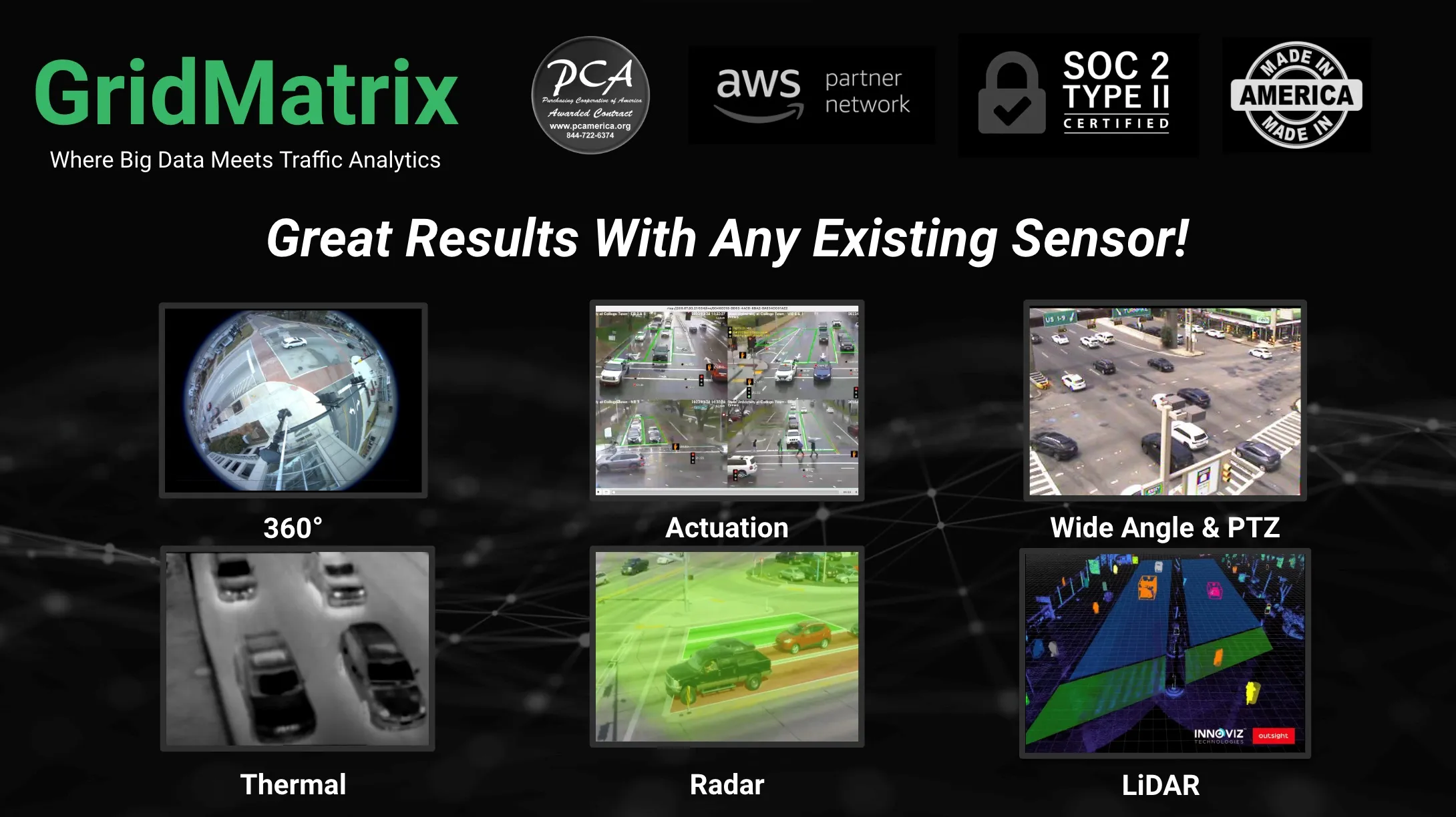In addition, WestCat has claimed that the fuel transition has led to a reduction in the maintenance required for emissions equipment and internal engine components.
The diesel is a low-carbon fuel that is said to be produced from 100% renewable and sustainable raw materials.
WestCat serves the cities of Pinole and Hercules, and unincorporated communities along the eastern edge of San Francisco Bay, operating a network of 14 fixed routes.
Jeremy Baines, vice president of Sales, Neste US, said: "Neste is happy to have a progressive transit agency like WestCat join the ranks of other front-runners in the quest towards more sustainable solutions. By making the switch to Neste My Renewable Diesel, they are committing to reducing emissions without compromising fleet performance."
Westcat switch buses to renewable diesel to reduce emissions
Californian public transportation service Western Contra Costa Transit Authority's (WestCat's) fleet of 45 buses is now running on My Neste Renewable Diesel to help slash emissions. The fuel is designed with the intention of cutting greenhouse gas emissions by up to 80% and reducing engine-out emissions.
In addition, WestCat has claimed that the fuel transition has led to a reduction in the maintenance required for emissions equipment and internal engine components.
February 19, 2018
Read time: 2 mins
Californian public transportation service Western Contra Costa Transit Authority's (WestCat's) fleet of 45 buses is now running on My Neste Renewable Diesel to help slash emissions. The fuel is designed with the intention of cutting greenhouse gas emissions by up to 80% and reducing engine-out emissions.









